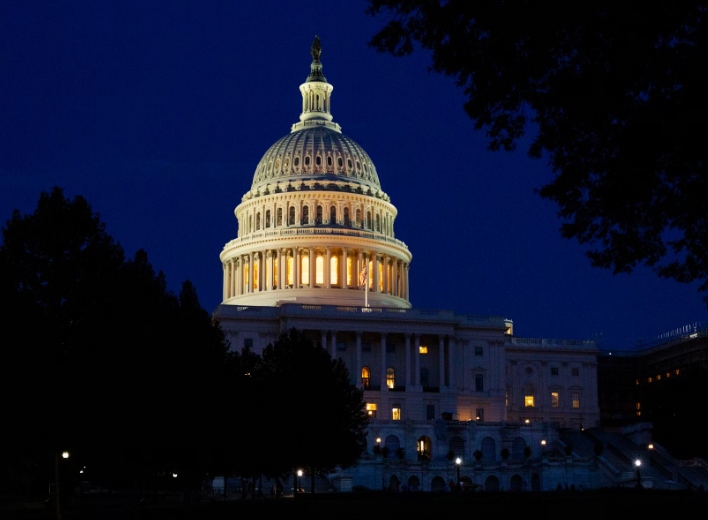The Importance of Protecting Human Rights: A Global Perspective
Human rights are the fundamental rights and freedoms that every individual is entitled to, regardless of their nationality, race, gender, or any other characteristic. They are the cornerstone of a just and equal society and serve as a foundation for peace, development, and social progress. Protecting human rights is not only a moral imperative but also a legal obligation for governments around the world. This article explores the significance of safeguarding human rights from a global perspective.
First and foremost, protecting human rights ensures the dignity and well-being of individuals. Every person deserves to be treated with respect, fairness, and equality. Human rights provide the framework for promoting and safeguarding these principles. By upholding human rights, societies create an environment where individuals can live without fear of discrimination, violence, or oppression. It allows people to fully participate in society, express their opinions, and seek opportunities for personal growth. When human rights are protected, individuals can enjoy a better quality of life and reach their full potential.
Furthermore, protecting human rights is crucial for maintaining peace and stability in societies and across nations. History has shown that violations of human rights often lead to conflicts, unrest, and even wars. Injustice and inequality can create deep divisions within communities, fueling resentment and hostility. By protecting human rights, governments can foster social cohesion and build trust among their citizens. Respect for human rights can also contribute to the prevention of violence and the resolution of conflicts, as it provides a common ground for dialogue and reconciliation.
Moreover, protecting human rights is essential for sustainable development and economic prosperity. When individuals are able to exercise their rights freely, they become active participants in their societies. They can engage in economic activities, entrepreneurship, and innovation, which are key drivers of economic growth. Human rights also play a vital role in reducing poverty and inequality. By ensuring access to education, healthcare, and basic necessities, governments can create a more inclusive and equitable society, where everyone has the opportunity to thrive.
From a global perspective, protecting human rights is not only a responsibility of individual states but also an international obligation. The Universal Declaration of Human Rights, adopted by the United Nations General Assembly in 1948, sets out the fundamental rights and freedoms that all nations should respect and protect. It serves as a guiding document for international human rights law. By adhering to these principles, countries can contribute to the promotion of human rights worldwide and foster cooperation among nations. Protecting human rights globally also helps address transnational challenges such as climate change, migration, and terrorism, as it requires nations to work together in a spirit of solidarity and mutual respect.
In conclusion, protecting human rights is of utmost importance from a global perspective. It not only ensures the dignity and well-being of individuals but also promotes peace, stability, and sustainable development. Upholding human rights is a moral and legal obligation for governments and an essential component of a just and equal society. By protecting human rights, societies can create a better future for all, where every person can live in freedom, equality, and dignity.





